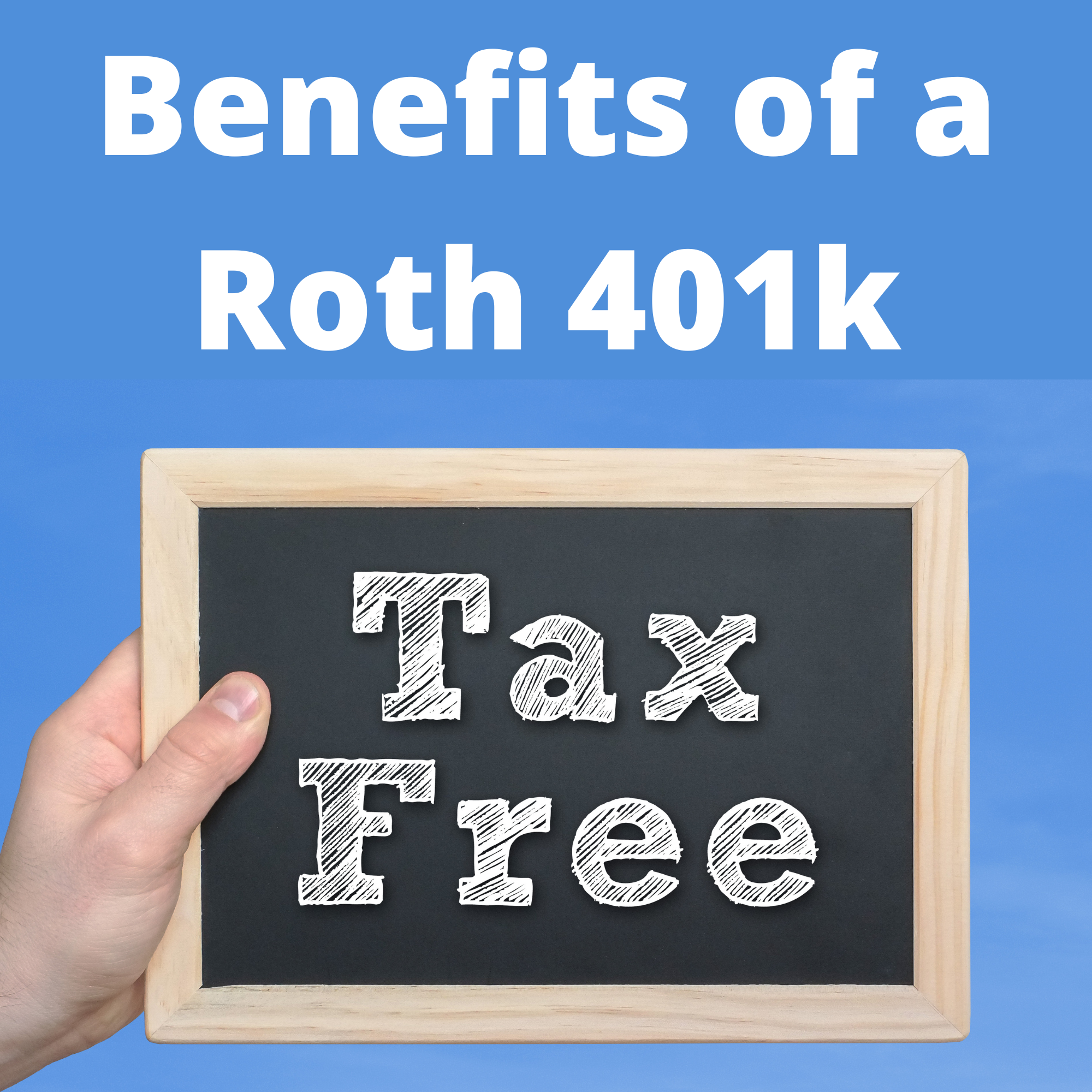Benefits to Roth 401k – Tax Free Retirement Income
Today, we’re diving into the world of Roth 401(k)s and why contributing to one could be a game-changer for your financial future.
When you retire your biggest liability will be income taxes. Our national debt is nearly $34 Trillion and it is impossible for the government to pay it off leaving them with no choice but to raise taxes to service the debt.
First off, what is a Roth 401(k)? It’s a retirement savings account that combines features of a traditional 401(k) with those of a Roth IRA. The key difference? Contributions to a Roth 401(k) are made with after-tax dollars, meaning you pay taxes upfront, but qualified withdrawals in retirement are tax-free.
So, why should you consider contributing to a Roth 401(k)? Well, here are some compelling benefits.
1. Tax-Free Withdrawals. Unlike traditional 401(k)s, where withdrawals in retirement are taxed as ordinary income, qualified withdrawals from a Roth 401(k) are completely tax-free. This can be a significant advantage, especially when you’re in a higher tax bracket during retirement.
2. Diversification of Tax Liabilities. By contributing to both traditional and Roth accounts, you create flexibility in managing your tax liabilities during retirement. This allows you to strategically withdraw from accounts based on your financial needs and tax situation at the time.
3. Another perk is that Roth 401(k)s have No Required Minimum Distributions (RMDs) during your lifetime. Traditional 401(k)s require you to start withdrawing a certain amount each year after you turn 72, but with Roth 401(k)s, you have the freedom to leave your money invested for as long as you want.
Now, let’s talk about contribution limits. As of 2023, the annual contribution limit for a Roth 401(k) is $19,500 for individuals under 50. If you’re 50 or older, you can make an additional catch-up contribution of $6,500, bringing your total to $26,000.
So, contributing to a Roth 401(k) offers tax advantages, flexibility in retirement, and the potential for tax-free growth. It’s a smart strategy to consider as part of your overall retirement plan.
Check with your employer to see if your 401k plan provider offers a Roth 401k option. Remember, always consult with a financial and tax professionals to ensure it aligns with your specific financial goals.
Until next time, retire happy!
Mike Brenhaug
Author




